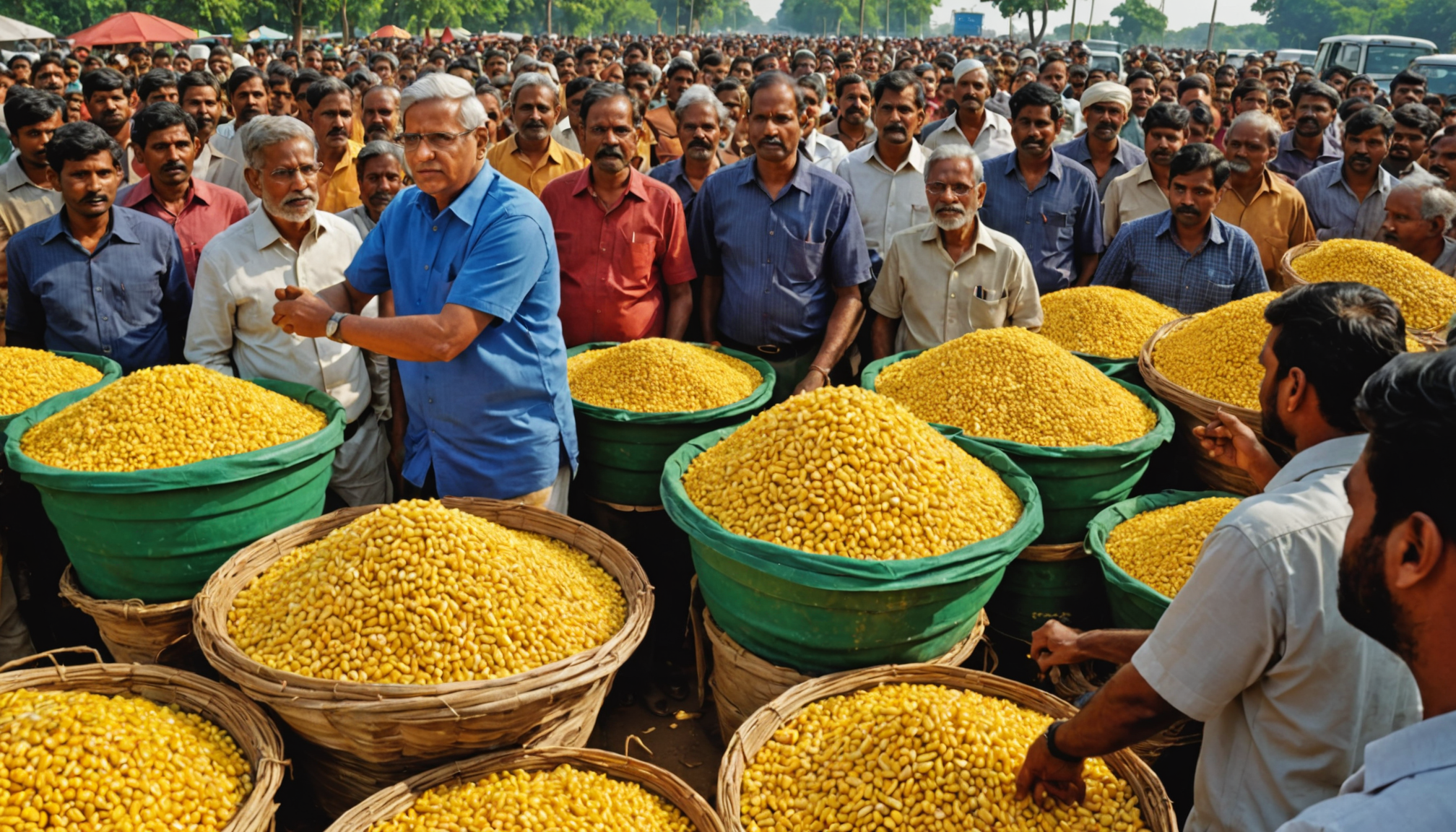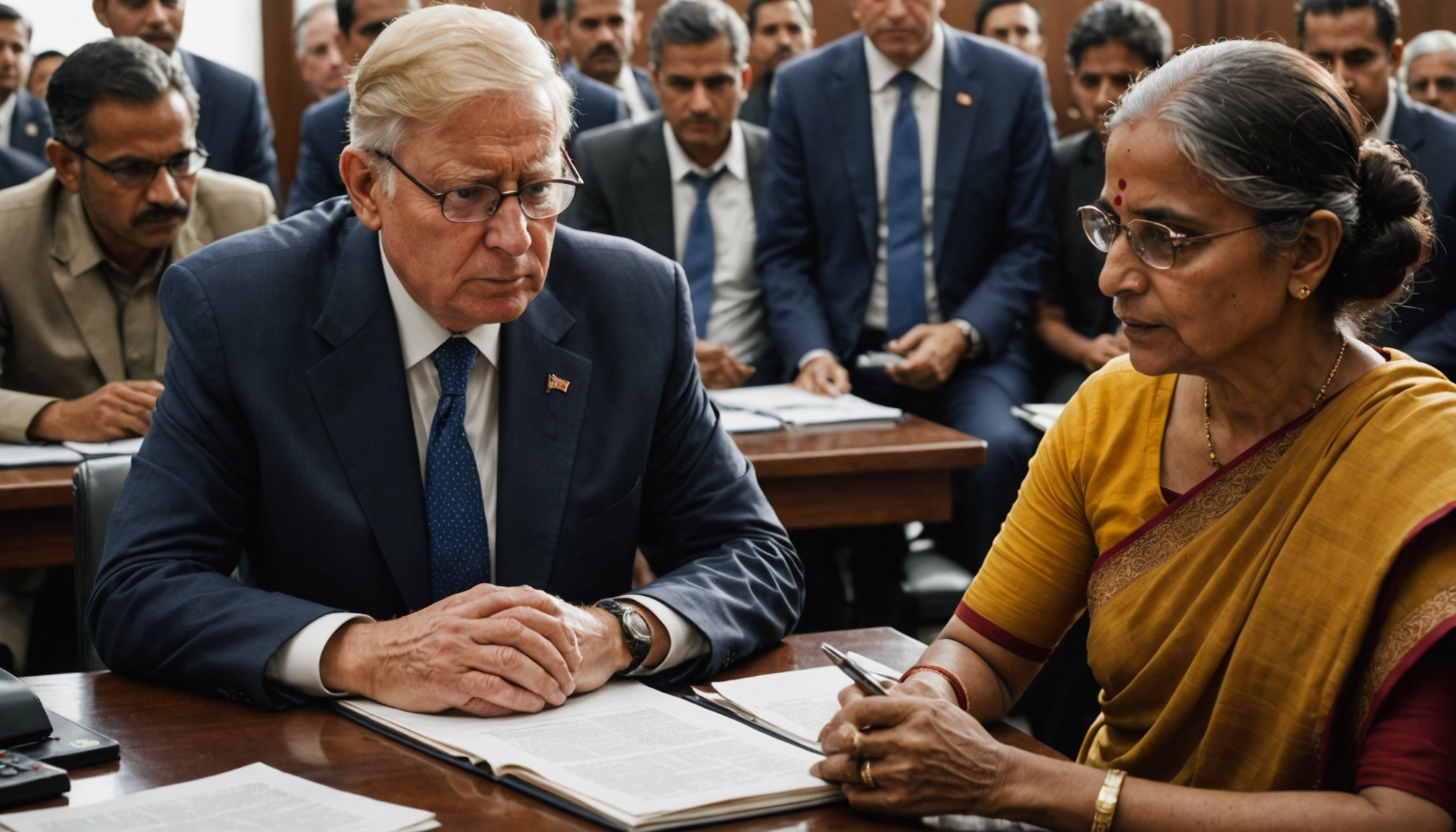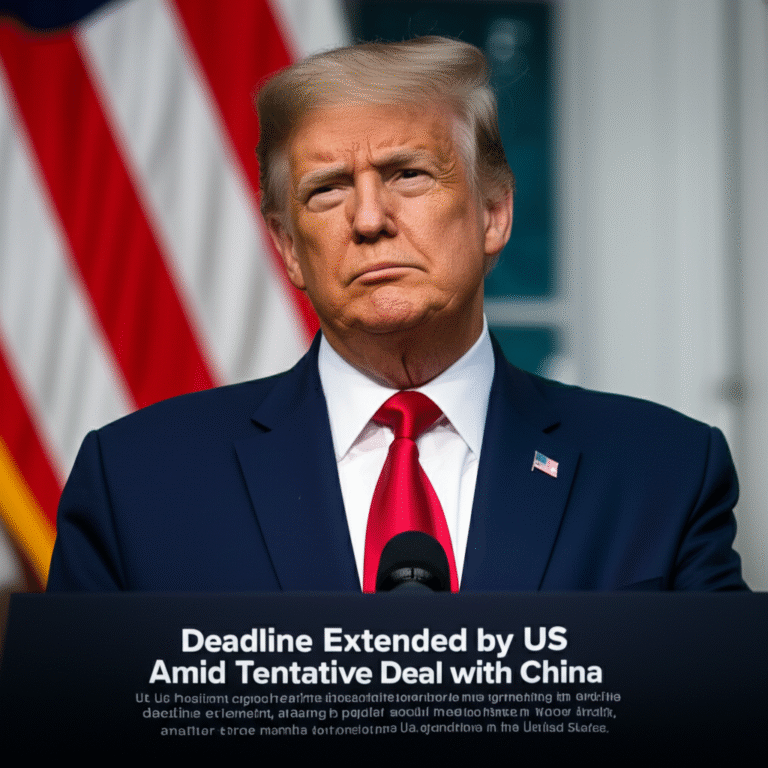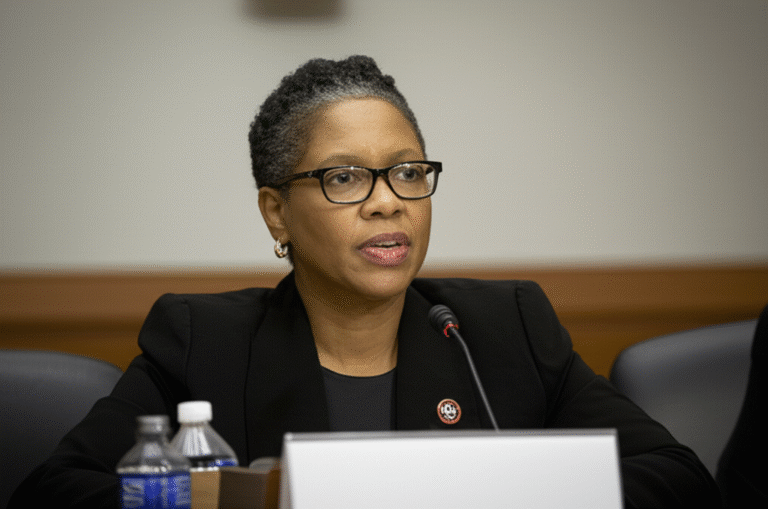
India’s refusal to purchase American corn, despite its large population, has drawn criticism from US Commerce Secretary Howard Lutnick. Lutnick emphasized that India must lower its tariffs to improve trade relations with the United States. He highlighted the imbalance in trade, stating that India benefits significantly from selling to the US while maintaining trade barriers that limit American access to the Indian market. This situation, according to Lutnick, constitutes a one-way relationship, where India takes advantage of open access to the US economy while simultaneously blocking American products from its own.

US-India Trade Imbalance
Lutnick underscored the disparity in trade between the two nations, questioning why India, with a population of 1.4 billion people, does not import even a small amount of American corn. He emphasized that India’s high tariffs present significant challenges to fair trade and hinder business prospects. Lutnick noted that the US considers its trade relationship with India to be fundamentally unfair and one-sided.
The secretary’s comments highlight the ongoing tensions between the two countries regarding trade practices. Lutnick’s assertion that the relationship is “one way” reflects a broader concern within the US government about reciprocal trade with India. The US government’s position is predicated on the principle of “fair and reciprocal trade,” emphasizing the need for a balanced exchange of goods and services between nations.
President Trump’s Stance on Tariffs
Lutnick stated that President Donald Trump’s administration advocates for a reduction in tariffs, aiming to establish a system of reciprocal trade between the US and its counterparts. The secretary’s statements echo President Trump’s policy, explicitly urging India to adopt similar trade practices as the US. The imposition of tariffs by India, in the US government’s view, is a significant obstacle to achieving this reciprocal trade relationship.
The emphasis on President Trump’s model for trade policy underscores the administration’s overall approach to international trade. This model prioritizes reciprocal trade practices and suggests that countries failing to comply will encounter difficulties conducting business with the US. The high tariffs imposed on India, including a 25 percent tariff on Russian oil imports, are a clear indication of the Trump administration’s approach. This is among the highest tariffs imposed on any country globally.

India’s perspective differs significantly. New Delhi characterizes the US tariffs as unfair, unjustified, and unreasonable. India justifies its purchases of Russian crude oil by citing national interests and market dynamics as primary drivers for its energy procurement strategy. These contrasting viewpoints underscore the complex challenges involved in managing and balancing trade relationships between major global economies.
Background
The US Commerce Secretary’s statements reflect a broader concern about fair and reciprocal trade relations. The imposition of 50 percent tariffs by the US on India, including the 25 percent tariff on Indian purchases of Russian oil, highlights the significant level of trade restrictions in place. India’s defense of its Russian oil purchases, citing national interests and market dynamics, underscores the complexities and challenges inherent in international trade relations.
What’s next

The US government’s commitment to reciprocal trade is evident in Lutnick’s statements. The implication is clear: India needs to reduce its tariffs to maintain a positive trading relationship with the United States. Lutnick’s words are a direct message to India: the US expects fair treatment and reciprocal trade practices. The current trade imbalance, characterized by India’s import restrictions and the resulting one-way trade relationship, needs to be addressed to foster a healthy economic partnership between the two nations. The US maintains it will continue its pursuit of a more balanced trade relationship.
- India has not purchased American corn despite a large population.
- The US considers the trade relationship one-sided, with India selling to the US but blocking US goods.
- The US has imposed high tariffs on India, including on Russian oil purchases.
- India considers US tariffs unfair and unreasonable, citing national interests and market dynamics.
- The US advocates for reciprocal trade, urging India to lower its tariffs.
[Source]






